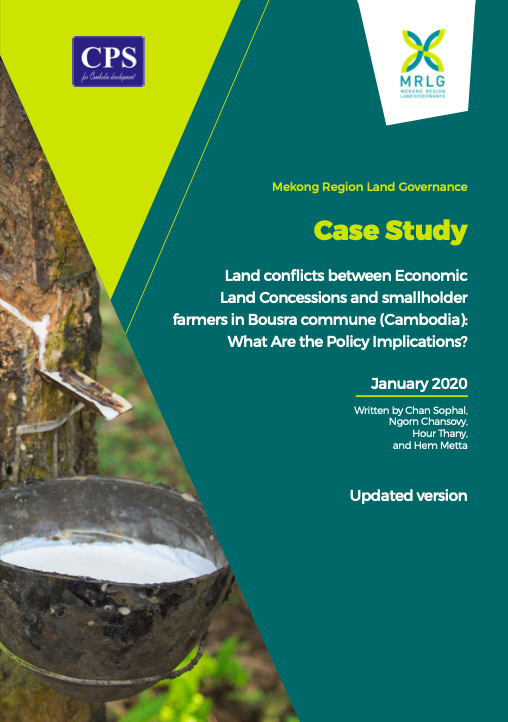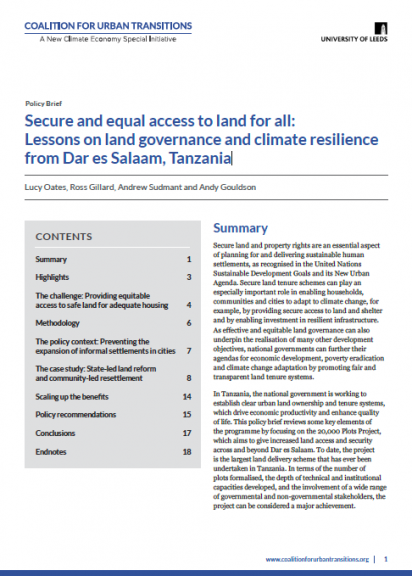Empowerment of youth through strengthening their land rights knowledge and research capacity: evidence from Eastern and Southern Africa
Africa is a continent of youth. However, its high rates of youth unemployment linked to high levels of landlessness suggest a close correlation with youth poverty and access to land. This paper presents the perspective of an approach for capacitating youth through research on land and natural resource tenure in Eastern and Southern Africa.






